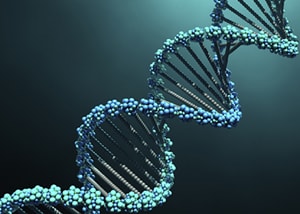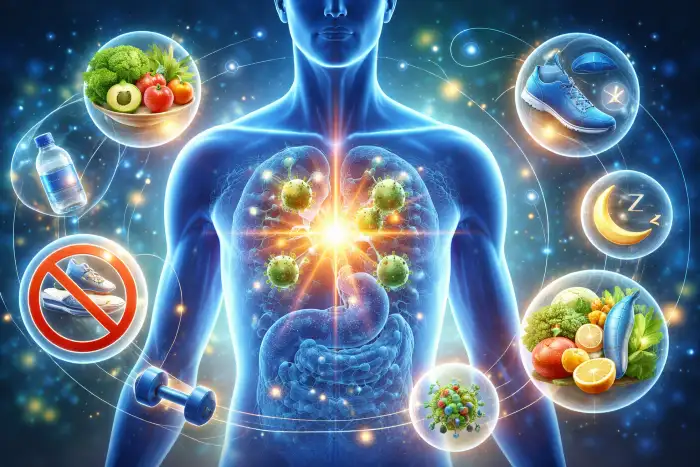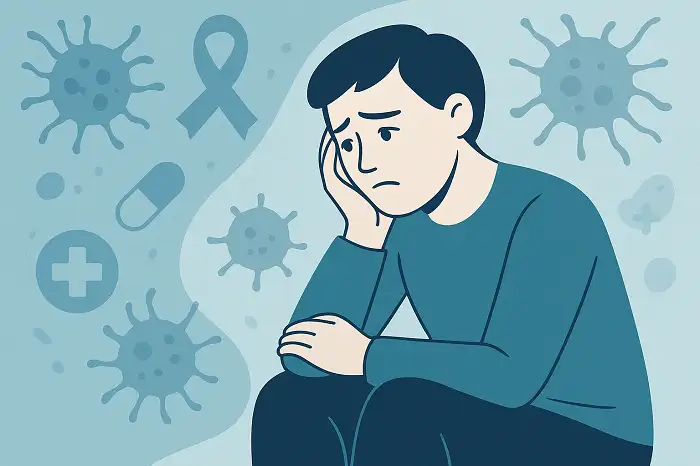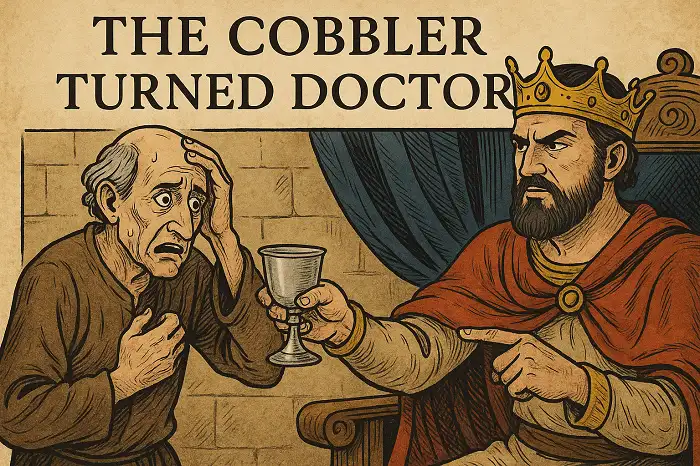Practice Reading & Listening on Genetics Practice Reading & Listening on Genetics for IELTS & TOEFL with flashcards, authentic text and a documentary transcribed by Mahsa Mohammadi https://www.youtube.com/watch?v=v8tJGlicgp8 An overview of genetics Genetics helps us understand the biological programming behind all life forms. But what exactly is the science of genetics? And what does its future hold? Genetics is the study of heredity, the expression of traits, and how they are passed from generation to generation. For thousands of years, humans have observed this inheritance of traits, and implemented their knowledge to breed and domesticate plants and animals; however, the ...
Home » English Documentaries with Transcript » Practice Reading & Listening on Genetics for IELTS

Practice Reading & Listening on Genetics for IELTS
Updated: by Mahsa Mohammadi
Time to Read: 3 minutes | 531 Views | 10 Comments on Practice Reading & Listening on Genetics for IELTS



I really want to know that is there any chance that if somebody get beaten by a strange and strong spider well that guy be an spider man and he’s DNA council with that spider.
That’s a very good question, Soroosh.
Feedback
* I really want to know if there is any chance
* if someone gets beaten
* the difference between ‘he’s’ and ‘his’
* What did you mean by ‘council’?
The fact that DNA in each of our cells can reach to 6 ft long is stupendous and mind blowing.
It reminds me of that fact that what a wonderful and mysterious body we have.
Feedback
* each is used before a singular noun = each cell
* can reach to 6 ft long = can reach up to …
The nature always found best way to overcome difficult problems. It is really amazing and admiring. How long does it take that nature reach to this conclusion to compact a huge amount of information in only a piece of DNA strand. May be there was no better way than this. I admire nature as always for finding solutions like this for big problems.
Feedback
* The nature = nature
* Nature has always found best ways to …
* reach a conclusion
* The difference between ‘may be’ and ‘maybe’
The history of discovering genes is so fascinating. At first, the scientists thought proteins contain genes, but they found out that is actually DNA which contains our hereditary information. At that time they already have been discovered DNA in our cells as something which has acid structure, but they didn’t know about the function of it.
Interesting information! Thank you.
Feedback
* At that time they already have been discovered DNA in our cells = By that time, they had already discovered DNA in our cells
Genetics helps us understand the biological programming behind all life forms. But what exactly is the science of genetics? And what does its future hold?
Genetics is the study of heredity, the expression of traits, and how they are passed from generation to generation. For thousands of years, humans have observed this inheritance of traits, and implemented their knowledge to breed and domesticate plants and animals; however, the science behind inheritance was only starting to be understood in the mid-19th century. Around 1865, Austrian monk and botanist, Gregor Mendel, published the results of his hybridization studies of pea plants. In his findings, he noted the role of factors that influence the expression of traits. These factors later became known as genes.
Each human has between 20,000 and 25,000 genes. This collection, called a genome, determines a person’s traits by influencing factors on a cellular level. Genetic information is stored in every cell’s nucleus. Structures called chromosomes carry this information in the form of deoxyribonucleic acid, or DNA. DNA is a double helix of nucleotides, chemical compounds composed of sugar and phosphate molecules, along with the bases: thymine, adenine, guanine, and cytosine. These segments of DNA are what we call genes, and it is within those genes that chemical compounds provide the coding for all information about a person’s inherited traits. Human cells contain so much DNA to carry this large amount of information that if unraveled, the DNA in each cell would be over 6 ft long.
At the turn of the 21st century, an international effort to decode human DNA was launched. Called the Human Genome Project, it ended up identifying about 99% of the entire human genetic sequence. Tony Blair: “A revolution in medical science whose implications far surpass even the discovery of antibiotics…” Discoveries in genetics research have unearthed tremendous opportunities in medicine, such as genetic testing, and the manipulation of genes. But with these opportunities, come risks and ethical questions. And finding the answers to those questions may be the next stage of our understanding of genetics.
Flawless task! Thank you so much.